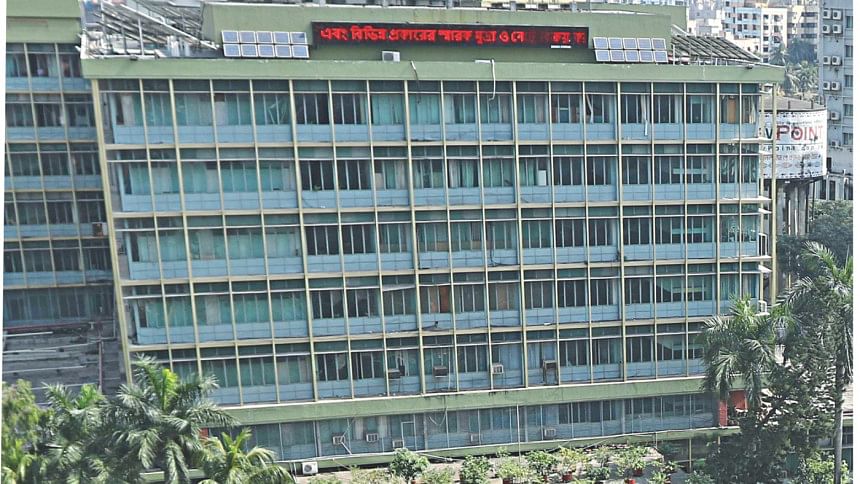Slowdown in private credit flow continues

Credit flow to the private sector remained sluggishness for yet another month in February as tight liquidity and a rising interest rate kept both the demand for loans and lending subdued.
In February, banks lent Tk 15.76 lakh crore to the private sector, which was 9.96 percent higher year-on-year, showed data of Bangladesh Bank.
However, this was the second consecutive month that credit flow to private businesses saw a growth of less than 10 percent.
The central bank aims to attain a 10 percent growth by the end of June this year in its effort to reduce the money supply and bring down inflation, which has been persistently high.
The growth in consumer prices has remained at more than 9 percent since March last year.
And to contain inflation, the central bank has been pursuing a contractionary monetary policy and hiking its policy rate to make money costlier.
Since May 2022, Bangladesh Bank has increased its policy rate, termed as repo rate, by 325 basis points to 8 percent as of March this year.
Private sector credit growth was more than 13 percent roughly a year ago, but it has dropped, said Kanti Kumar Saha, chief executive officer at Alliance Finance.
"Demand for loans fall when the interest rate goes up because of the tight monetary policy pursued by the central bank. It is the dynamics of the market. So, the contractionary monetary policy is working the way it should," he added.
Influenced by the increased policy rate and reference rate -- the Six-Month Moving Average Rate of Treasury Bills (SMART) -- interest rates in the financial sector have been rising consistently for the past couple of months.
In February, the SMART rate grew to 9.61 percent from 7.10 percent when it was introduced in July. Since then, the benchmark rate rose further. As such, borrowing has become expensive.
Saha said businesses are adopting a "go slow" approach in taking new projects and going for BMRE (balancing, modernisation, rehabilitation and expansion) amid the hike in interest rates.
In its April issue of Bangladesh Development Update, the World Bank said tight domestic liquidity conditions, high inflation and uncertainty related to exchange rate policies weighed on private investment.
This was led by a sharp deceleration in private sector credit growth, which fell to 10.6 percent in FY23, down from 13.7 percent the previous year, it added.
The multilateral lender also said private sector credit growth slowed further in FY24, reflecting a broader slowdown in investment.
"The slowdown in credit growth to the private sector is a manifestation of a liquidity dearth in the market and high interest rate," said a top official of a private bank.
"Borrowing is no longer lucrative. Besides, most banks are not interested to lend as they get over 12 percent interest from treasury bonds," he said.
"There is no chance of an improvement in the situation in the coming days if the money that has been taken from banks through loan scams do not return formally to the banking system," the official added.

 For all latest news, follow The Daily Star's Google News channel.
For all latest news, follow The Daily Star's Google News channel. 



Comments